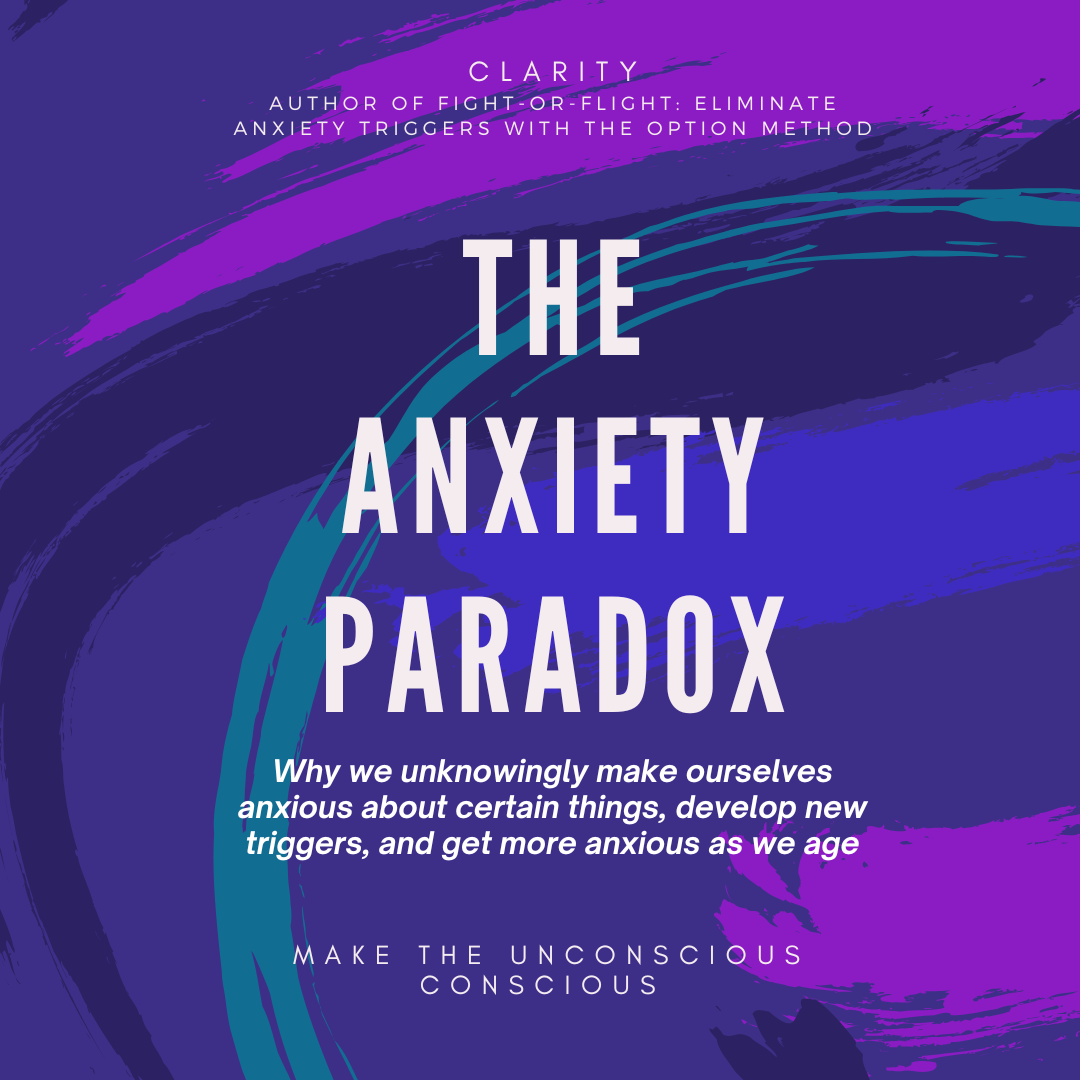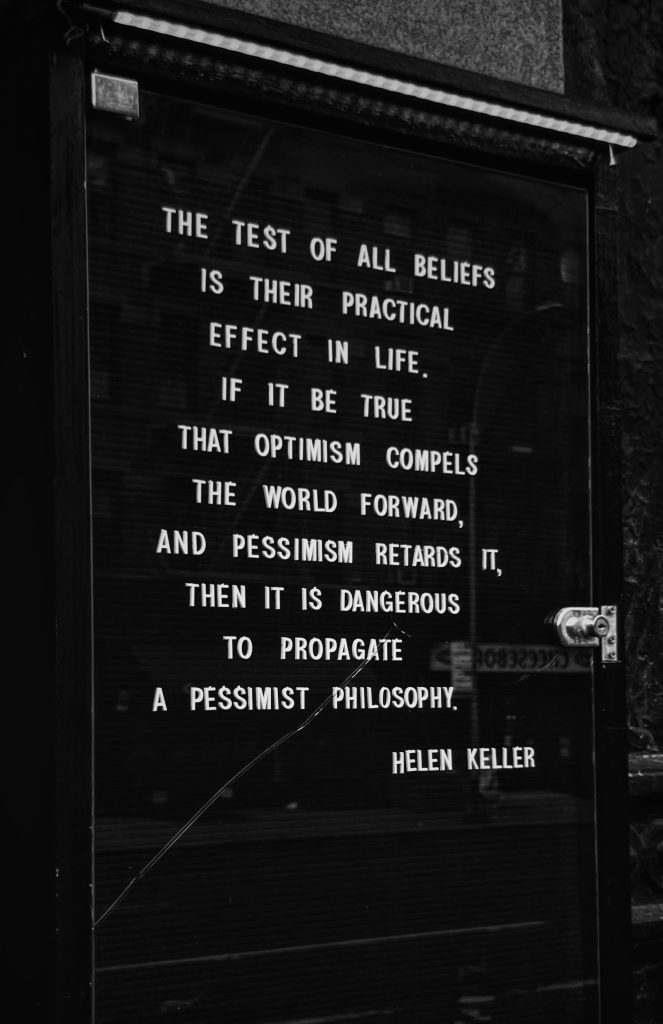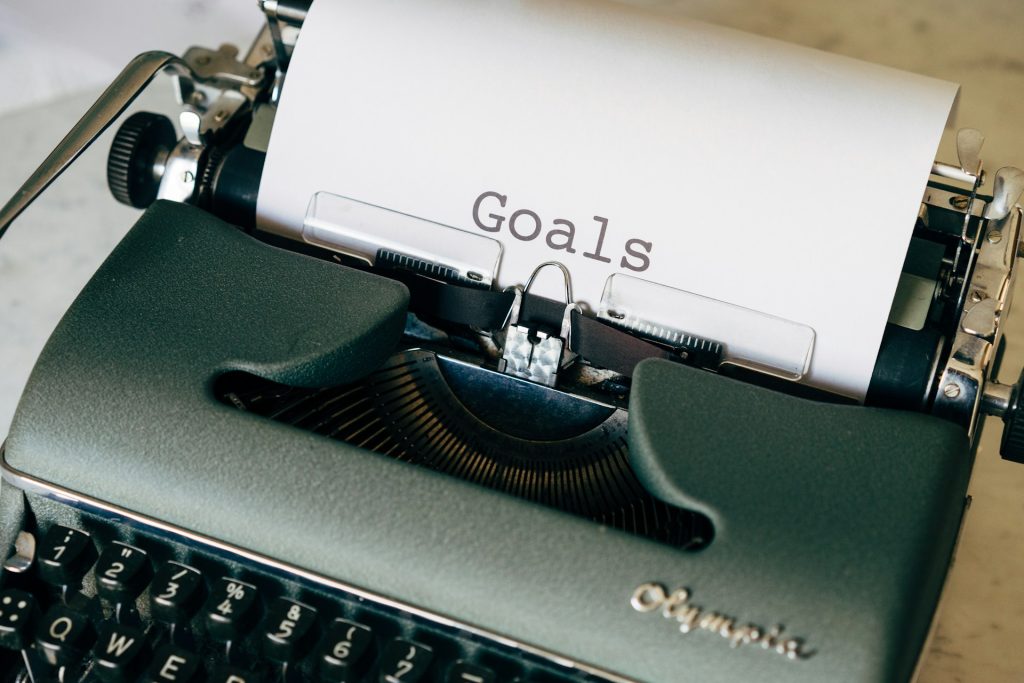1Research shows that we (humans) use anxiety–often unconsciously–to benefit or protect ourselves in some way. For example, you may use anxiety to motivate yourself to do something or prove that you don’t like something. In some cases, what you decide to be anxious about comes from what others say or what you observe others get anxious about.
Everyone has their unique reasons why they often unknowingly use anxiety, but here are some common ones:
- Motivate ourselves to be a way we are “supposed to be.“
- To force ourselves to do things we don’t want to do but think we should do
- We think it would mean something — usually an undesirable trait — if we weren’t anxious. These meanings often originate from outside entities or conclusions drawn from past experiences.
- As a reminder that we don’t like something. This could be something we’ve done, something someone else has done, or something about ourselves
- Motivate ourselves to continue pursuing a goal we say we want
- Deep down, we may not actually want to achieve the goal but claim or think we should do for one or more reason(s)
- As a tool to prevent ourselves from being a certain way or doing certain things we think are “bad” for us
- Prove to ourselves or others that we dislike something or don’t believe in something
- Motivate us to avoid being more unhappy/anxious in the future
Why does anxiety get worse as we age?
When we unconsciously use anxiety as a tool (see section above), we often pick up new anxiety triggers to protect ourselves.
How are non-life-threatening physical anxiety (fight-or-flight) triggers formed?
This is answered in our root cause of anxiety post.
How do we free ourselves from using anxiety for non-life-threatening situations?
Step one, which you’ve done by reading this, is obtaining the awareness that you may unconsciously be using anxiety. Next, decide that you’ll no longer use anxiety as a way to protect or motivate yourself.
Instead of being anxious about things, you can be as cautious–to any degree you’d like–and use your goals and values to accomplish things. When others try to label your cautiousness as fear, cowardice, etc, you can ignore them.
As you do the work of eliminating your triggers, you’ll naturally reveal the different ways you unconsciously use anxiety. The goal: Be ok with an anxiety-inducing object/event happening even if you dislike it.
If you have specific questions, don’t hesitate to reach out in the comments or in any of the solutions on Clarity. You can also contact us directly.
Best,
- (1) Clark, D. A., & Beck, A. T. (2011). Cognitive Therapy of Anxiety Disorders: Science and Practice. New York: Guilford Press.
– Fear is an evolutionary tool (p.6) ↩︎


